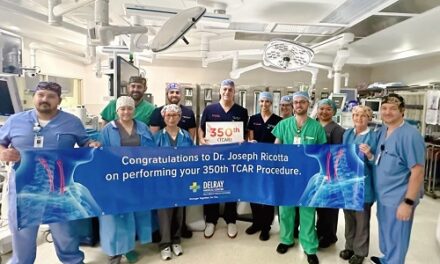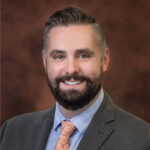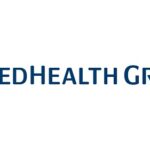By Jennifer Parker, MPH, RD/LDN, CSPO
We’ve been working in hospitals for over 15 years each, and personalized medicine has always been our goal. So, we’re all too familiar with the struggles of paper charting while trying to deliver quality care. However, even when another EHR system promised to make our routine more efficient and easier, we saw the same result: the medical staff started to hate their computers. Massive burnout among clinicians was hardly surprising.

On a sunny morning, we sat all together in the big hall, waiting for the next mandatory training. The hospital purchased a flagship EHR system, which cost them a six-figure sum. In a month or two, history repeated itself, and we realized that medical care was going in the wrong direction. The EHR was not only costly but also cumbersome and confusing. We were drawn away from personalized patient care and pushed into the clinician-computer-patient relationship. Everyone in the health care delivery flow suffered, especially the patients.
We realized we needed to think of a custom software solution – one that focused on how clinicians work. After numerous discussions and countless training sessions, we had a clear idea of the functionality and the workflows.
In 2016 the first version of Vault Medical Records was born. While it was far from perfect, it allowed us to attract other clinicians and administrators to product testing. We sought unbiased feedback to ensure our EHR system performed properly. The development wasn’t easy since we had to consider system availability, interoperability, security, and regulatory compliance. Throughout all the discussions and refinements, we have always kept foremost in mind our desire to make an intuitive product that helps hospitals and their staff to work more efficiently. In September 2020, we were put to the test. A customer asked if we could do a remote Go Live in their hospital before Thanksgiving, giving us only 6 weeks to get the system set-up, staff trained, and infrastructure in place. With staff used to paper charting, we also dealt with the challenge of introducing some clinicians to computer charting for the first time. We successfully went live on November 9 – using our customer-focused collaborative approach and our intuitive design worked!
Today our EHR system continues to grow. First signed customers and integrations are successes we have built on.
We keep adding new integrations and making improvements. As Vault makes its debut at the FIME Conference, we are ready to become integral to high-quality health care delivery.
Visit with Vault Medical Records, Inc. and hundreds of MedTech, medical device, and service exhibits at FIME 2022. The Florida International medical Expo is FREE to attend both in-person this July 27-29th at The Miami Beach Convention Center, and/or at FIME ONLINE, July 11th through August 29th Register now and attend FREE https://fimeshow.info/3vx6Rat
A sampling of the FIME Healthcare Transformation Talks and this year’s Keynotes
- Lessons learnt in adopting and implementing innovation to transform healthcare delivery systemsDr Adam Landman, Vice President, Chief Innovation Officer, Digital Innovation Officer, Brigham and Women’s Hospital, Boston, Massachusetts
- #BreaktheBias – Creating opportunities for Women in Science and Health Tech – Diana van Stijn, Chief Medical Officer, Lapsi Health, Synchronized Swimmer, Dutch National Team, Paediatrician, Amsterdam, The Netherlands
- #BreaktheBias – Women, Capital Funding and Medical Innovation – Patti Rossman, Co-Founder, Life Science Women’s Conference and Life Science Women’s Network; President, Globiox, Inc, Austin, Texas
- Scaling up game changing innovations – Grzegorz Ambroziewicz, Deputy Head of Unit, European Innovation Council – Accelerator, European Innovation Council and SMEs Executive Agency (EISMEA), Brussels, Belgium
- Wearable technology may be the future to assessing and monitoring older cancer patients
Dr Arash Naeim, Chief Medical Officer for Clinical Research, UCLA, Los Angeles, California
- AI in medicine – the time has come – Dr Eric Eskioglu, Executive Vice President, Chief Medical and Scientific Officer, Novant Health, Charlotte, North Carolina
- An introduction to Florida’s Medical Marijuana Program – Carmen Dixon, Nurse Consultant, Education and Training Liaison, Office of Medical Marijuana Use, Florida Department of Health
- Why are Digital Biomarkers the perfect fit for precision medicine? – Jhonatan Bringas Dimitridiades, Wearables and Digital Health Expert, CEO and Co-Founder, Lapsi Health, Partner and Managing Director, JBD Healthcare, Ambassador for Medical Education, Medscape, Amsterdam, The Netherlands
- Voice, Sensors, AI: Emerging Tech for Health– Jon Stine, Executive Director, The Open Voice Network, Portland, Oregon
For more information contact; carol.prokap@informa.com


























